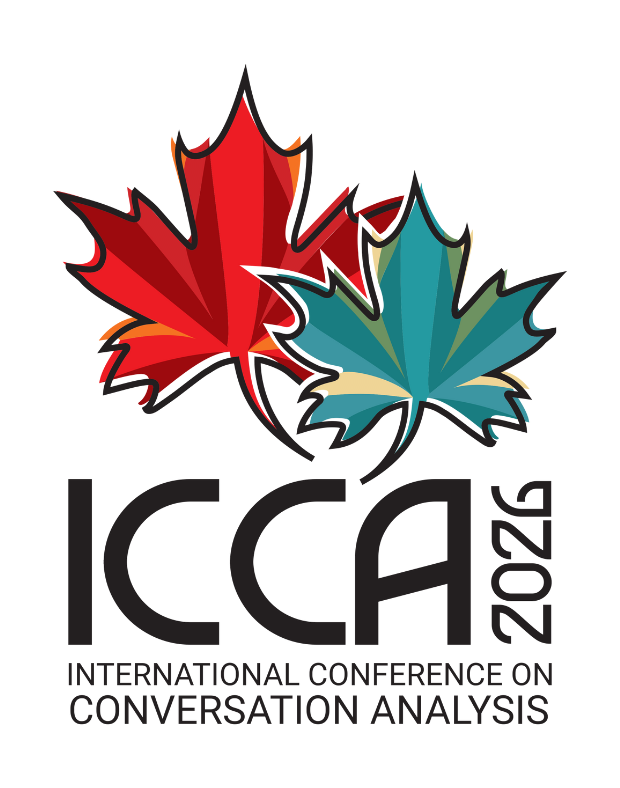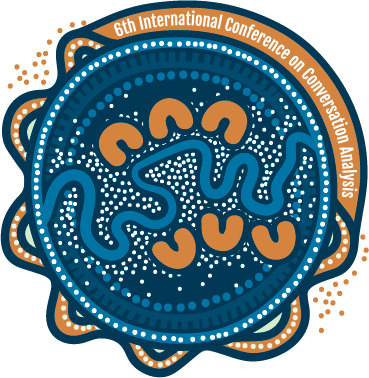The International Society for Conversation Analysis (ISCA) is an independent faculty-and-student-based professional association in higher education, designed to serve the needs of scholars of language and social interaction across a variety of disciplines and applications. Founded in 2010, the Society seeks to provide its members with resources to advance the field by circulating findings, creating better courses, strengthening research, and creating a collective voice for the development and application of professional findings.

A major aim of ISCA is to encourage and enhance interdisciplinary research into the structure and dynamics of social interaction through the creation of a multi-disciplinary community of scholars. From its beginning, the organization has been committed to the notion that broad advances in the understanding of social interaction require disciplinary, interdisciplinary and transdisciplinary approaches to research and learning.
ISCA Newsletter
Check out our latest newsletter: Issue #18 (June 2025)
Support ISCA
Donate to support ISCA’s activities, including funding for the Emanuel A. Schegloff Scholarship Fund.
ISCA Events

ICCA 2026 will be held June 23–29, 2026 in in Edmonton, Canada
The call for submissions is now open!

ICCA 2023: was held June 28th – July 2nd, 2023 in Brisbane, Australia. Read the live blog reports from the conference here!
Check out the EM/CA wiki for
bibliographies and news from
the whole EM/CA community

